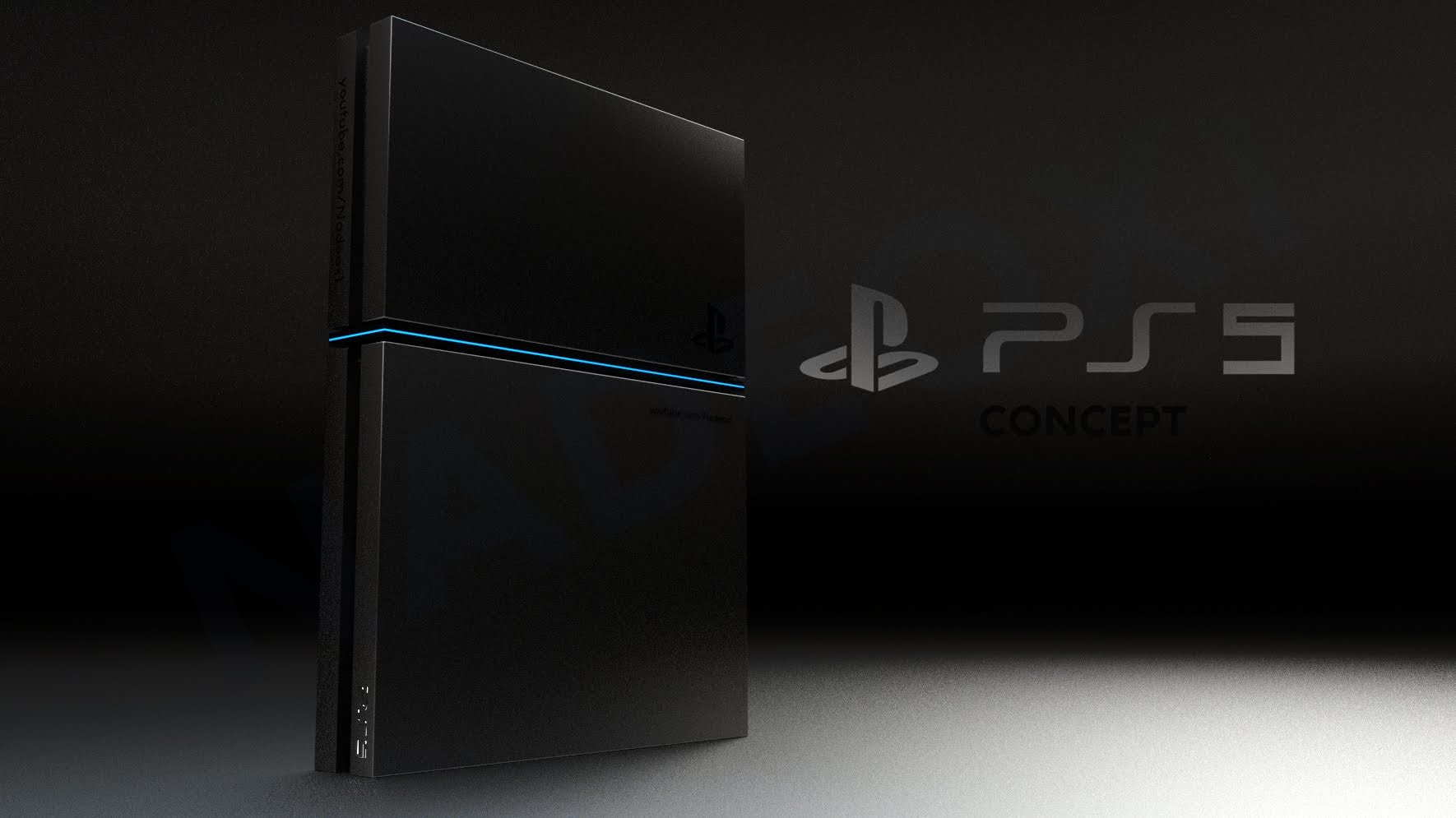BE FOREWARNED: This article contains speculation.
While it’s perhaps a bit early to begin thinking about Sony’s next console venture (let’s tentatively label it the “PlayStation 5”), you cannot avoid the obvious trends which suggest that such a device is on its way. Over the course of the last decade, we’ve seen the video game industry grow by leaps and bounds. Nowadays, console manufacturers and software developers are actually able to compete for consumer entertainment dollars on par with (or exceeding) what’s offered in other areas (like music, movies, sports, etc.).
The point is – for all intents and purposes; it would seem that video games are here to stay and will continue to impact world markets and consumers in very significant ways. Simply put, if you’re skeptical that a PS5 project is even being currently contemplated, just check out what Sony has to say about the matter in this Gizmodo.co.uk piece.
Assuming this trend of increasing complexity of design keeps moving forward, where each successive machine is more technically competent that its predecessor, it’s safe to say that the PS5 will be an absolute “monster”. Already, the PS4 easily eclipses the capabilities of the PS3 – so much so that game developers haven’t been able to fully exploit the platform’s potential. In other words, we’ve yet to see the next generation of games emerge, but rest assured that when they do, it will likely revolutionize everyone’s concepts, yet again. It would seem that all 8th generation console manufacturers are heeding the advice of gamers and moving to create machines which basically function as high-performance PC’s with a penchant for gaming.
Now, fast-forward to a time when the PS5 is on the market now, and just try to conceptualize the sort of advancements which might exist. First off, there’s the obvious stuff to consider, like the addition of peripheral devices like the Oculus Rift (which will likely soon be compatible with the PS4). Even if current gen consoles get the Oculus, there’s still the issue of whether or not the major developers will take the time to include support for it with all of their top-tier games.
Needless to say, it’s probably going to take a while for the industry to make this new type of VR headset truly “mainstream”, with everyone wanting to own one. Even thought there are literally hundreds of thousands of people who would buy one right now, there simply wouldn’t be that many titles to explore with the tech (assuming that someone doesn’t invent an easy conversion process for games, that is). However, once such a new standard is hoisted into place, it’s very likely that all future titles will incorporate support for the Oculus Rift – hopefully by the time the PlayStation 5 arrives in markets.
Ok, so there’s the Virtual Reality angle, but what about other types of features? Simply put, it’s almost impossible to tell what advancements are going to take place between now and the release of a new flagship Sony console. One thing is for certain however, and that’s the general increase in computing power and memory. For starters, we can expect the PS5 to be significantly more powerful than the PS4, with the ability to process a great deal more information at an even faster pace. In turn, this implies that games themselves will likely open up to a greater degree, not just in terms of being able to deliver photo-realistic graphics, but also in terms of the overall size of game worlds and maps. Currently, open-world games are all the rage and it’s not hard to see why. After all, who doesn’t like the idea of being able to freely explore a vast, gorgeous world where you essentially have the freedom to do whatever you wish? By the time we reach the era of the PlayStation 5, you can probably expect to encounter worlds so big that most gamers will probably get lost inside of them, literally
Yet another obvious area of concern when it comes to video game console manufacture is that of quantum computing. While it’s still a relatively new concept, major companies and institutions like Google, et al. are in fact tirelessly working toward developing the technology for commercial use. Assuming that they are successful in their efforts, and cost-effective means are developed which allow affordable quantum computers to hit store shelves, the PlayStation 5 might be truly amazing in its capabilities.
Of course this is largely wishful thinking, with there being no indication that such a breakthrough in consumer electronics is at hand. Furthermore, should quantum computing take off in a major way, it would likely severely alter the technological landscape around us in ways that most wouldn’t be able to readily comprehend. At this particular point in time, all signs point toward the PlayStation 5 as being yet another fairly “standard”, PC-like console, like an evolved PS4, of sorts.
As previously indicated in hints dropped by Sony, it would seem as though the arrival of the PlayStation 5 might come much sooner than we expect. At the very least it seems highly unlikely that consumers will have to wait as long as they did for the release of the PS4 (from the time the PS3 was brought to market). All of the major console makers seem to be ready to once again assume shorter development and release cycles, constantly pushing the general level of technology to new and greater heights.
This post didnt have a specific author and was published by PS4 Home.




